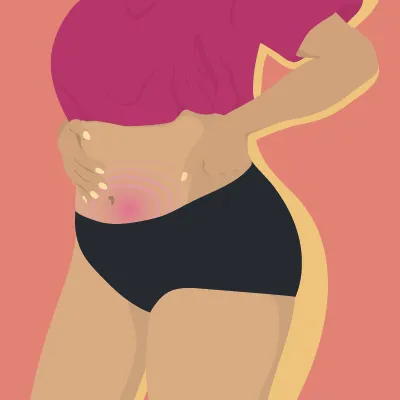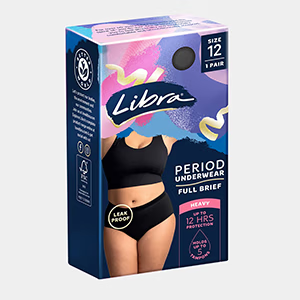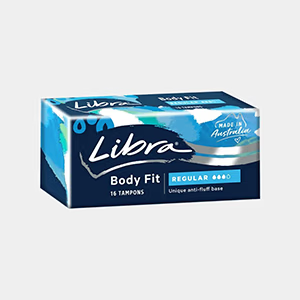Aug 12, 2018
Cervical Screening Test: What You Need to Know
So, what exactly is a Cervical Screening test? It involves an occasional, necessary trip to the doctor, as it was created to prevent cervical cancer in women. It works by detecting the human papillomavirus (HPV), which is the first step in the development of cervical cancer.
This measure of early detection means that hundreds of women have been able to avoid the disease, being treated before the cancer has a chance to develop.
In December 2017, the Pap Test was changed to become the Cervical Screening Test. It’s still performed in the same way, but has just been improved upon to be more effective; expected to protect up to 30% more women from cervical cancer!
So, how exactly is the test done? At an appointment with your local GP, you’ll have to go through a little bit of awkwardness, that’ll potentially go a LONG way for your health. To perform the test, you’ll take off your underwear, hop up onto an examining table, and prop your knees up with your feet together. Your GP will then gently insert a metal or plastic tool (called a speculum) into your vagina, and open it up slightly to widen it. They’ll have a quick look at your cervix and use a swab to take a sample of cells from it. That sample is then sent off to a lab for review… and that’s it! It’s over in a few minutes and doesn’t hurt – you may just feel a little pinch or slight amount of pressure.
It’s expected to protect up to 30% more women from cervical cancer!
How often do you need to have it done? If you’re 25 or older, you’ll need to have your first Cervical Screening test 2 years following your last Pap Smear. From then on, you’ll only need one every 5 years, up until the age of 74.
Tragically, some women have been too embarrassed to get tested and discovered their cancer too late. So girls, if you’re between 25 and 74, we understand that it won’t be the highlight of your week – but please, pick up the phone and book that appointment in!
Where to go for more information, support or help? Your GP is always the best starting point when you have any health questions.
Asaleo Care makes no warranties or representations regarding the completeness or accuracy of the information. This information should be used only as a guide and should not be relied upon as a substitute for professional, medical or other health professional advice.







